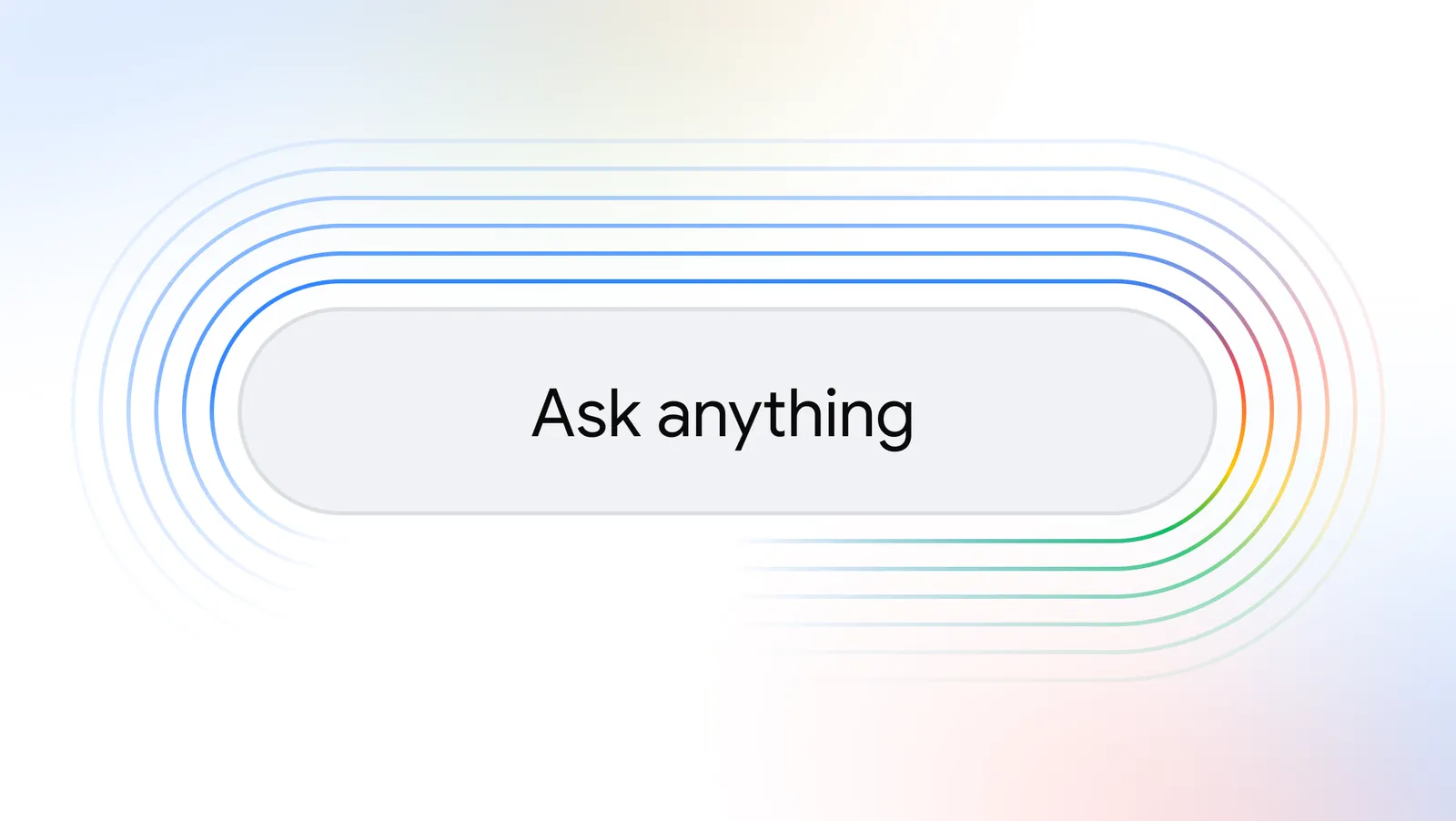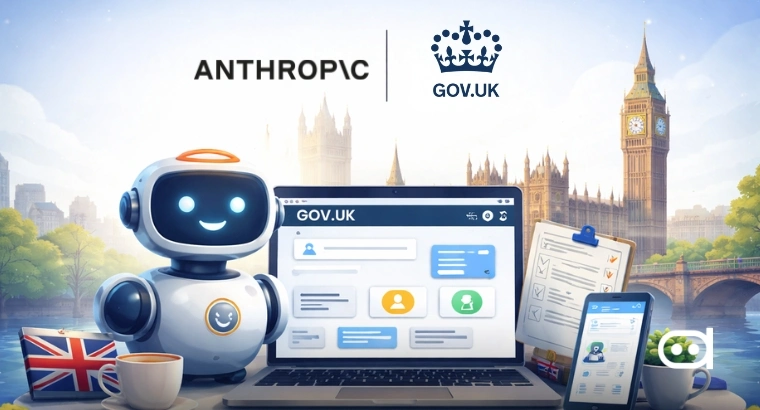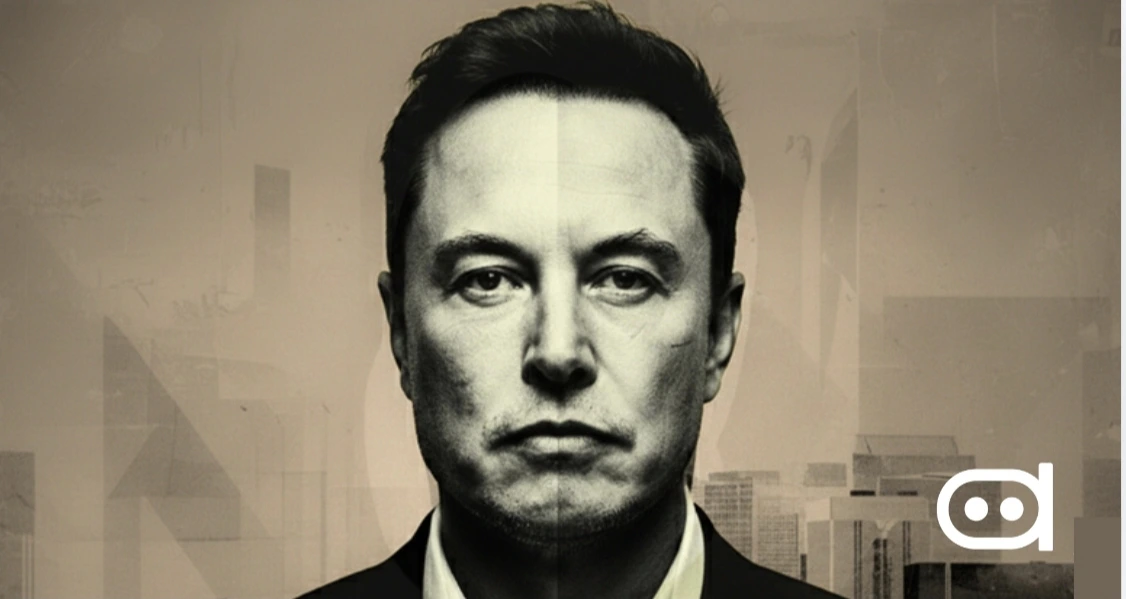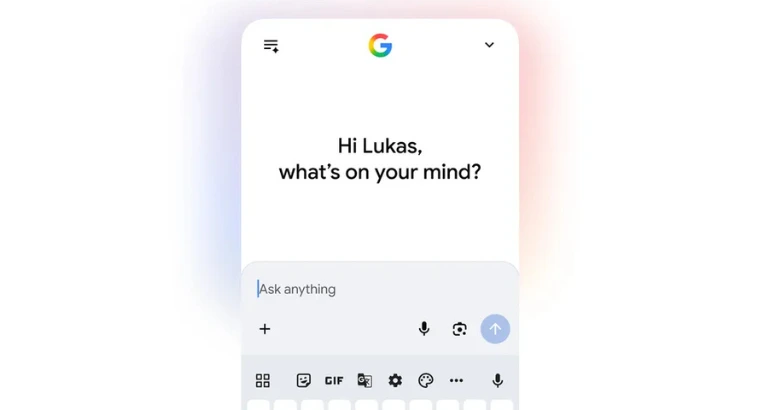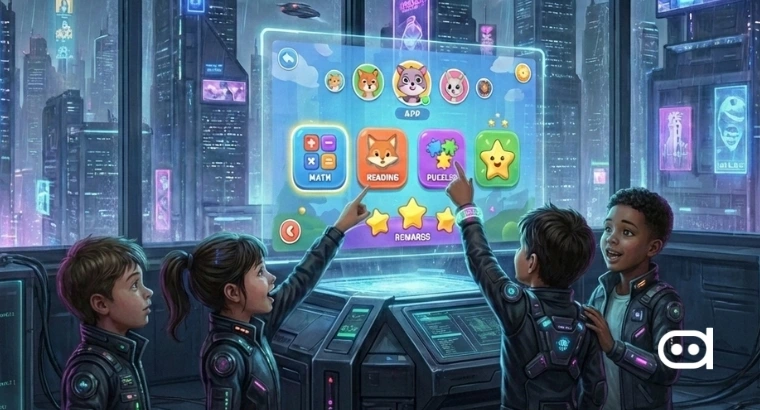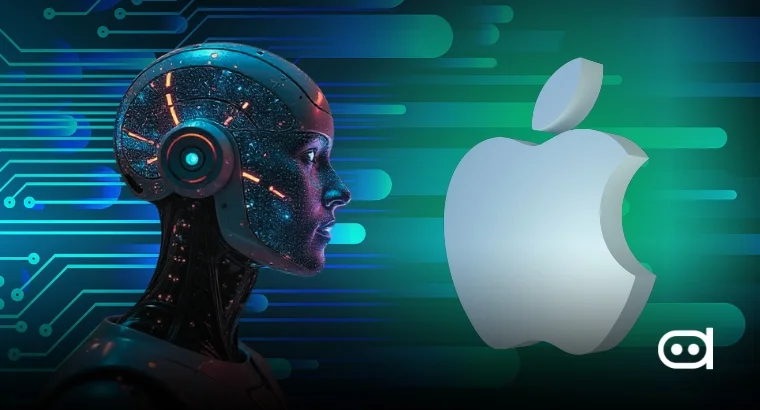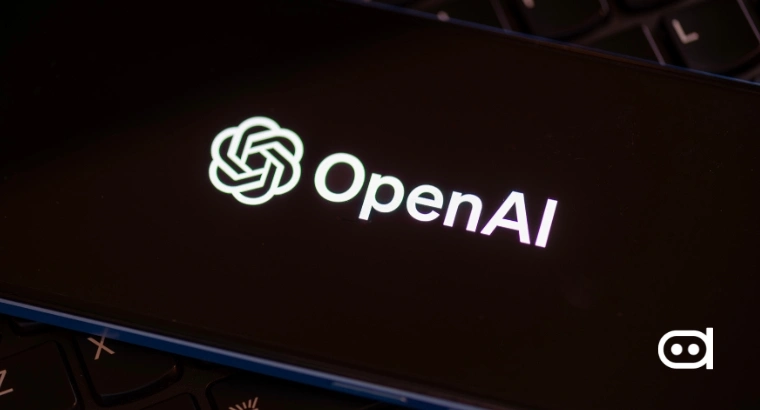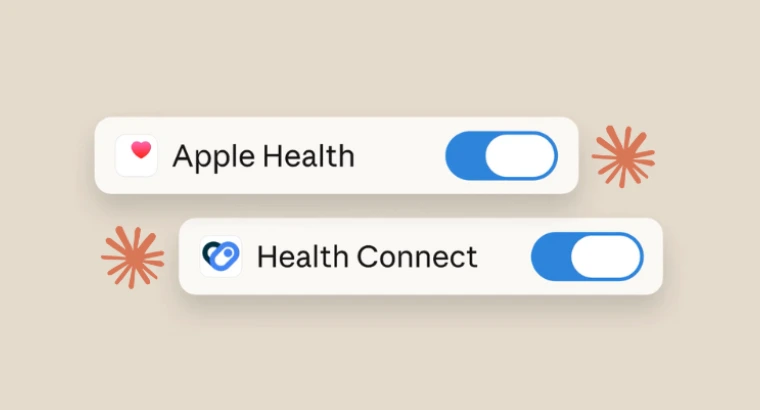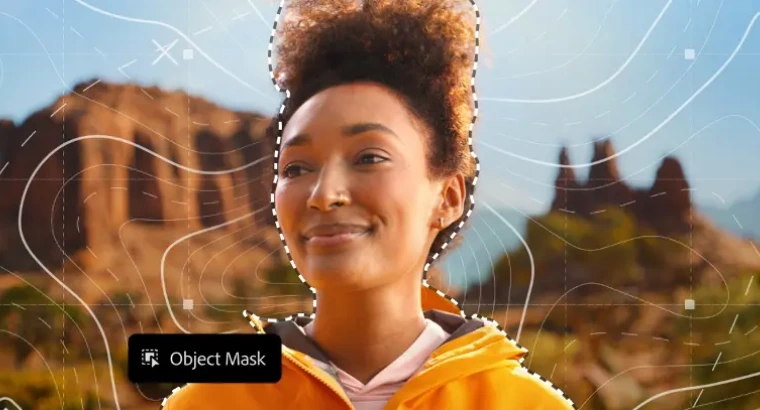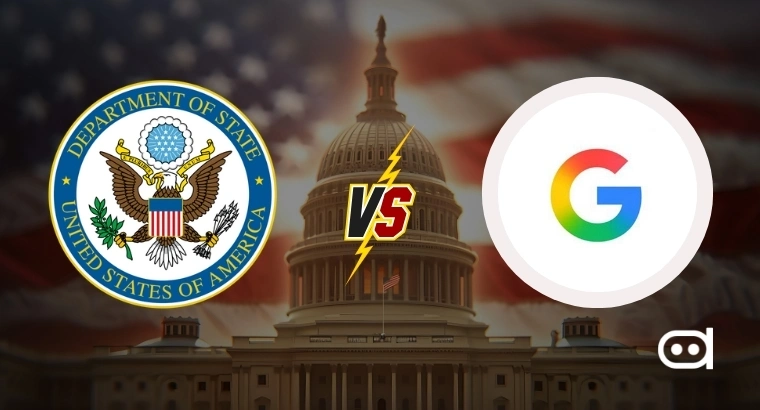
Key Highlights –
- A federal judge has ruled that while Google exercises illegal search monopoly, the company will not be forced to sell its Android operating system or Chrome browser.
- The ruling instead directed Google to share its search data, to level the playing field for competitors.
- The ruling is a significant victory for Google and Apple, allowing their multi-billion dollar search partnership to continue.
In the biggest tech monopoly trial in two decades, the federal judge has finally directed remedies in the US v. Google antitrust case. The decision, handed down by Judge Amit Mehta of the U.S. District Court for the District of Columbia, found that while Google illegally maintained a monopoly in the online search market, a complete breakup of the company is not required per say.
Instead, the court has ordered a significant behavioural change – Google must now share its search data with competitors. The ruling, which protects Google’s ownership of its core distribution products like Chrome or Android, after the five-year-old legal battle has finally come to a conclusion.
A Quick Recap of Events
The U.S. Department of Justice and a coalition of states first filed the antitrust lawsuit against Google in 2020. The core of their argument was that Google had used a network of anticompetitive agreements and contracts to illegally maintain its dominance in the search market. Prosecutors focused on the billions of dollars Google pays to companies like Apple and smartphone makers to secure its position as the “default search engine” on their devices and browsers.
A key part of the government’s case was the argument that these exclusive deals “foreclosed” competitors from having a meaningful chance to gain market share. In August 2024, Judge Mehta issued a 277-page opinion finding that Google was, in fact, an illegal monopolist.
The ruling on remedies, which followed a trial in May 2025, focused on what the company must do to rectify its monopolistic behavior. The Justice Department had sought severe penalties, including forcing Google to sell off its Chrome browser and banning it from entering similar exclusive agreements.
You may also like to read: Google Pixel 10 Introduces Actually Useful AI Features, Here’s What’s New
How the Ruling Benefited Mozilla, Apple, and Google
The court’s ruling and the outcome was a win for several players in the tech industry, including the California based tech giant itself. Here’s how some of them benefitted from this decision –
The ruling allowed Mozilla to continue receiving the payments that fund its browser development. A complete ban on these payments, as some had proposed, would have threatened the independent browser’s very existence.
Moreover, the data-sharing mandate, is being seen as a new opportunity for small players wanting to enter the search space. This is true particularly in the AI-search space, as these players can train their models and improve their services to better compete with Google’s quality.
For Apple, the decision was a major victory, as it stood to lose its highly lucrative deal with Google. The Cupertino based tech giant reportedly receives around $20 billion annually from Google to make it the default search engine on its devices. The court rejected the government’s request to ban these payments, preserving a crucial revenue stream for Apple. Analysts noted that the company had a strong incentive to see the deal continue and that the ruling was seen as a win for investors, with Apple’s stock gaining 3% in extended trading following the news.
For Google, the ruling is viewed by many as a victory by being able to protects its core business. By not having to sell off Chrome or Android, Google maintains control over its two most important distribution channels. And while the data-sharing mandate is a new restriction, it is widely considered a less severe remedy than a structural breakup.
The court’s decision was reportedly influenced by the rise of AI-powered competitors like OpenAI’s ChatGPT, which Judge Mehta cited as a “better placed” threat to Google’s search dominance than any rival in decades.
